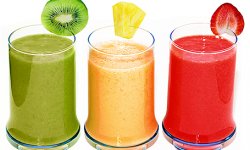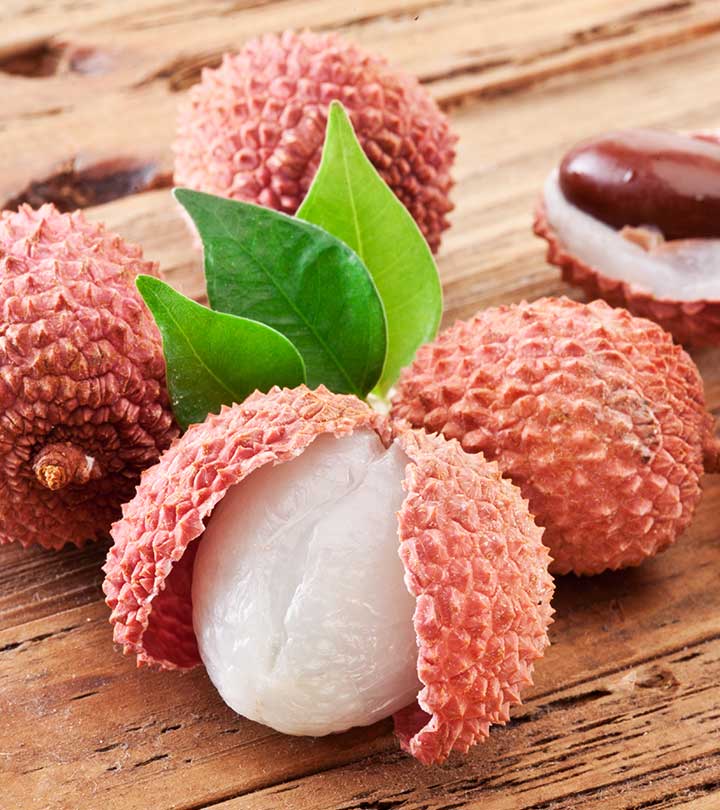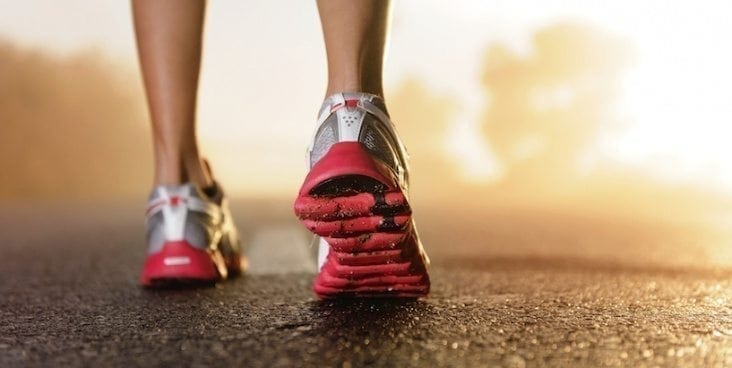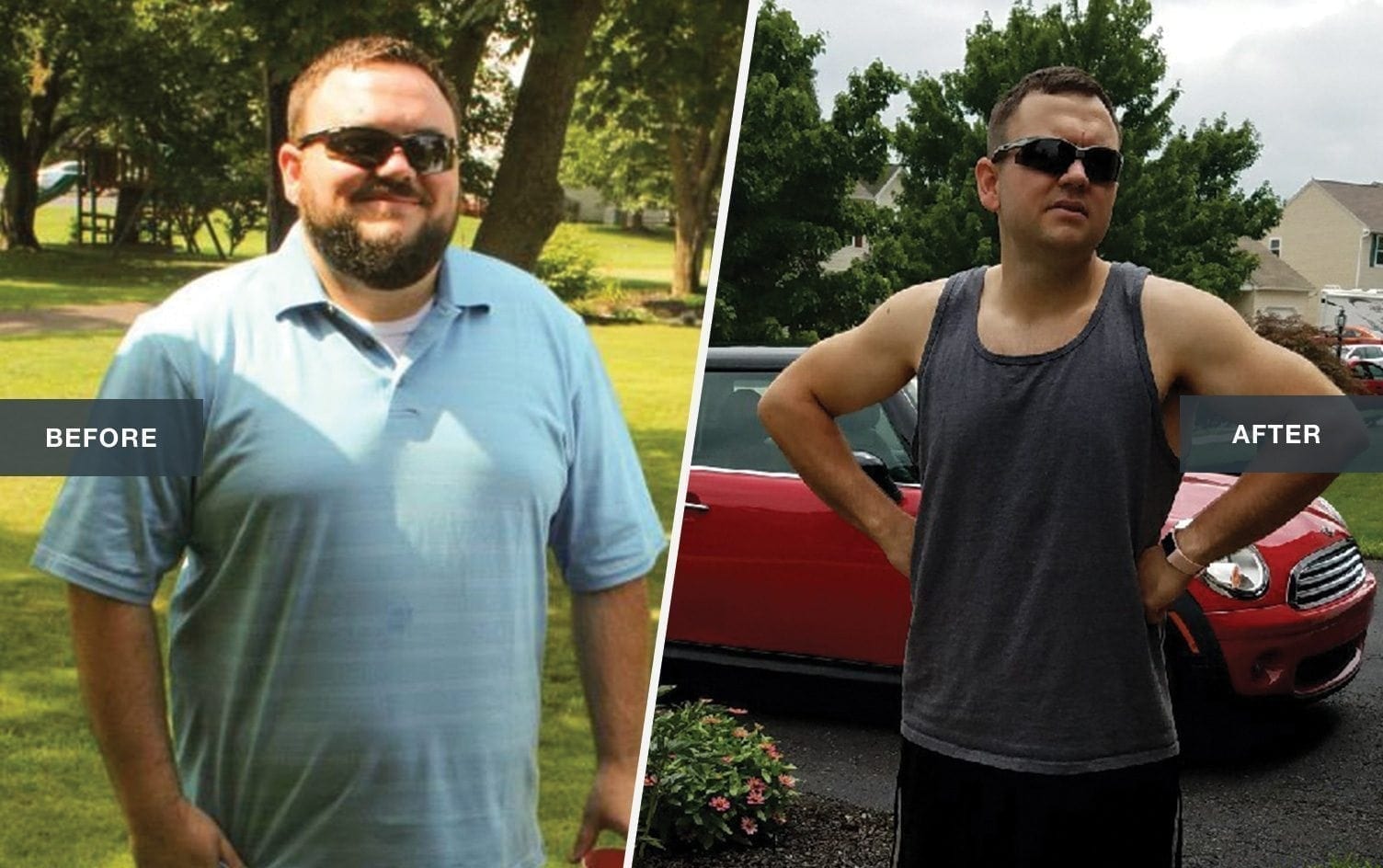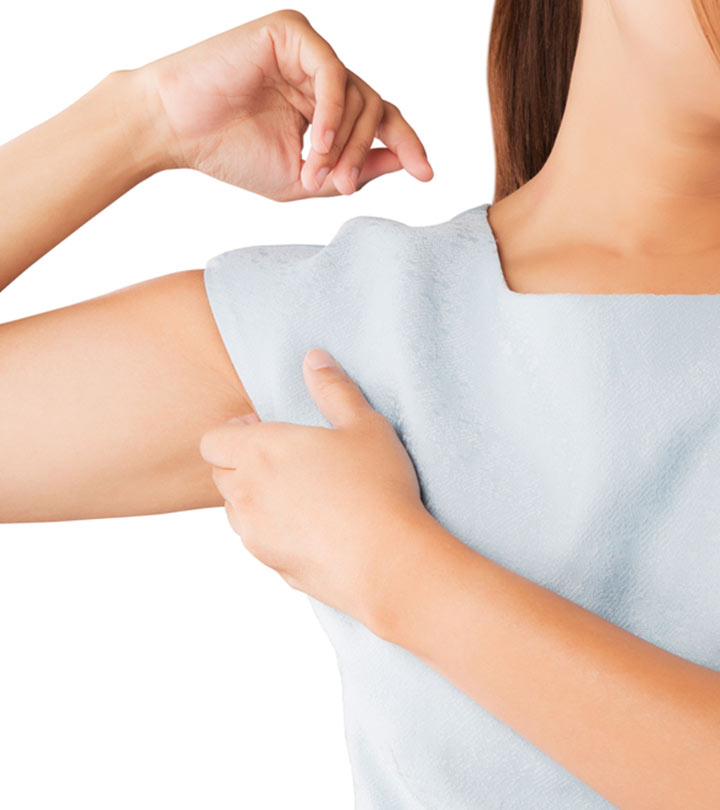You’d be hard-pressed (or in this case, cold-pressed), to find someone who hasn’t toyed with the idea of a juice cleanse. Maybe you IMed your buddy at work about going out to grab a salad and he politely declined to drink his smoothie of kale, carrot and apple juice? Or maybe your bride-to-be friend is on a liquid diet and is trying to convince you to join her?
Juice diets and juicing are becoming more popular than ever. But what do these diets entail? And are they actually good for your health?
We caught up with Registered Dietitian and healthy lifestyle expert, Sharon Zarabi, to get the skinny on juice cleanses and diets: Why we love ’em, why we try ’em and why they may actually work!
Contents
- What is a Juice Cleanse?
- When is it a good idea to cleanse?
- Things to Know Before Starting a Juice Cleanse
What is a Juice Cleanse?
There are many different types of cleanses, but the two main cleanses that we hear about today include the Master Cleanse and the standard juice cleanse.
The Master Cleanse is a bit more specific and recommended for only short-term use. Some may say that this cleanse is a trend that may fall off in coming months.
Juice cleanses, however, have been around for a long time for reasons including health and also religious and cultural purposes. Juice cleansing is the literal process of juicing vegetables and fruits in order to gain their essential vitamins and water content in one smooth drink. It is also considered a form of fasting, since your body is missing certain key ingredients such as fiber and protein and the person is often under-satiated by the experience. Because these cleanses are calorie-restrictive, with each juice containing between 150-300 calories, you may only consume around 1,000 calories a day.
The pros of juicing include gaining essential vitamins and jump-starting weight loss in the body. The cons can include muscle loss, a slowing of the metabolism, and an onset of unhealthy eating habits (weight gain is often experienced post-cleanse).
Many of the individuals that use cleansing as a form of detoxifying or ‘cleaning’ the body, do so in cycles. For example, one might do a four day cleanse once a month or every two months because they feel that their body is in need of a health jolt. However, there is no scientific evidence that this process is more effective than the body’s natural filtering system, the kidneys and liver.
You can see the entire process of juicing in the documentary Fat, Sick and Nearly Dead.
When is it a good idea to cleanse?
Typically we try out these super specific and restrictive diets when we have a big event coming up (say, a best friend’s wedding or even your own) or maybe a different kind of event has struck fear into you: bikini season. Some people also use them as a way to jump-start a healthy eating plan.
Most people don’t know that there are other, medical reasons for cleansing your body. If you are someone who suffers from any of these issues, a cleanse may be right for you:
- Digestive issues
- Elevated blood pressure
- Sinusitis
- Psoriasis
Cleanses may remove certain toxic additives from our bodies such as excess sodium, fat, sugar, and preservatives which can sometimes help the body to reduce inflammation, bloating, gas and other GI issues. If you suffer from any of these ailments, try speaking with your doctor about whether or not a cleanse is right for you.
What are the best types of foods for juicing?
Foods such as celery, carrots, kale, cabbage, spinach, beets, green apples and pineapples are great for cleansing the lymph nodes and digestive system because of their high vitamin content.
Things to Know Before Starting a Juice Cleanse
If you are considering trying a cleanse, it’s important to ask yourself these important questions about your lifestyle and also to consider certain key factors.
Some important things to know ahead of time are:
It won’t get rid of your bad habits
If you’re someone who stress eats or drinks too much on the weekends, remember: a juice cleanse will not make these habits go away. Cleansing may help you feel better for a short period of time, and it could help you take weight off, but if you don’t develop strong life skills to combat negative habits, you may find yourself repeating past mistakes.
You may gain the weight back
Specifically in regards to number 1, cleanses can lead to yo-yo dieting. If you’re looking to jump-start a diet or have been feeling bloated lately, then talk to your doctor and maybe go for the cleanse approach. But if you’re looking to lose 20 pounds the healthy way, a lifestyle change may be more in order.
A lot of the weight that you’re losing is actually water weight
It’s easy to get excited when you’re on any type of diet and you begin to notice that the number on the scale is going down. However, when you’re cleansing, you’re engaging your body in a form of fasting. This can often dehydrate the body and cause muscle loss, but in less serious cases, it may cause you to feel like you’ve lost more weight than you actually have.
There are dangers associated with cleansing
Many people don’t take into consideration the health consequences of fasting. For example, if you’re somebody who loves to work out, it may be a challenge for you to do so while cleansing. It is also extremely important to be aware of your body and whether or not cleansing is right for you. If you’re feeling groggy and weak, it’s important to listen to your body and speak with a doctor about whether or not cleansing is right for you.

